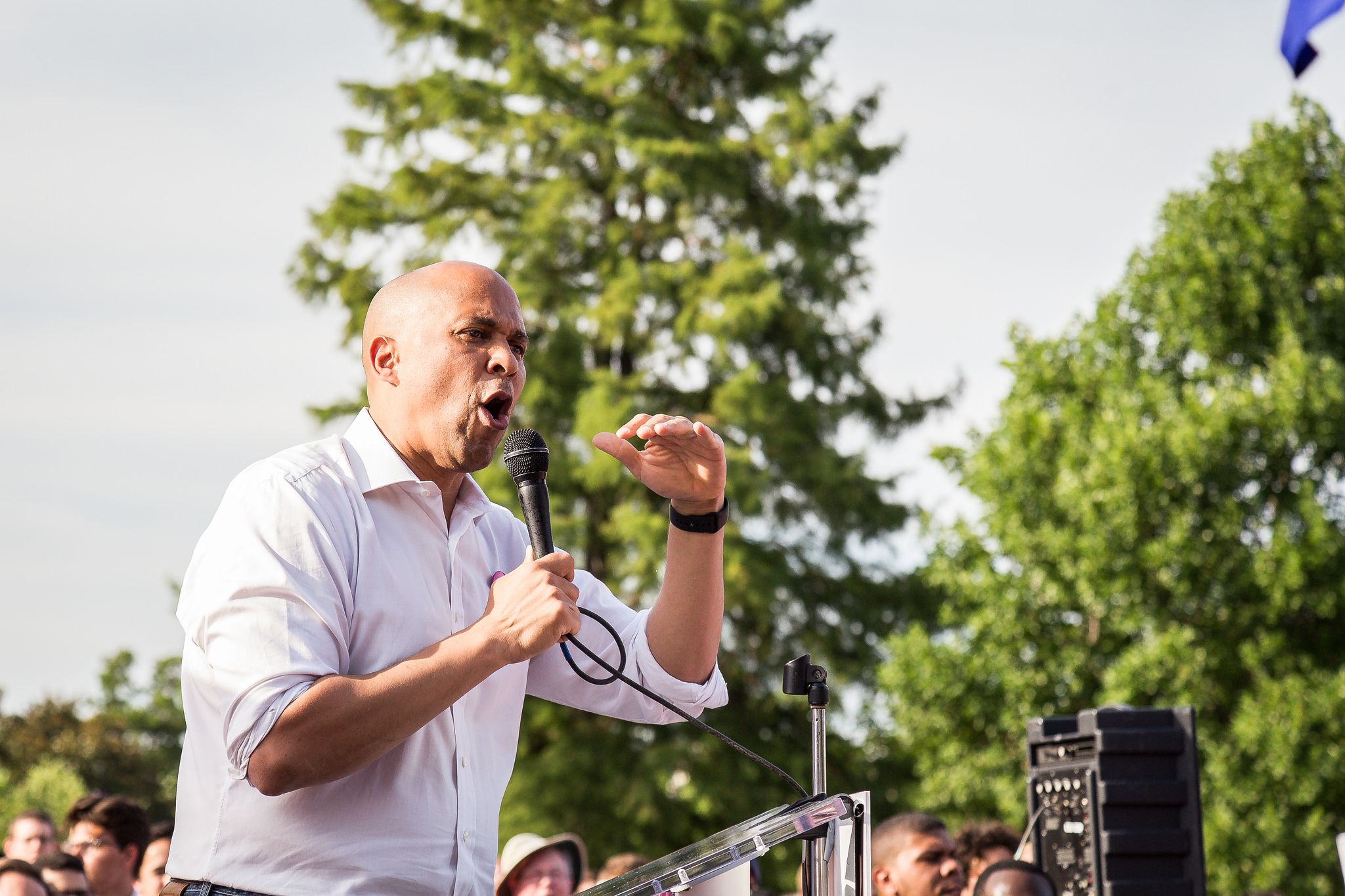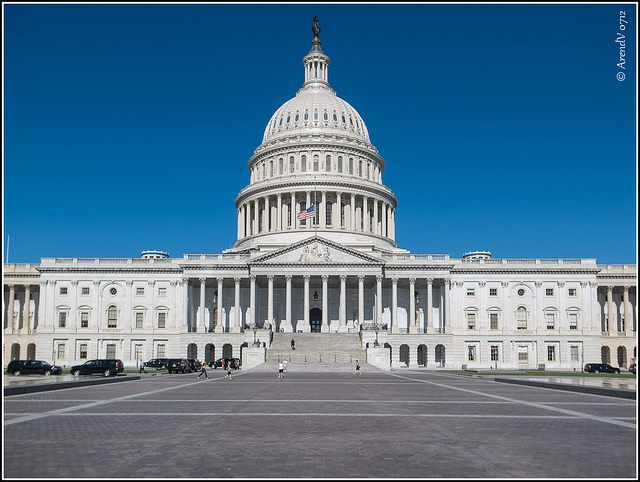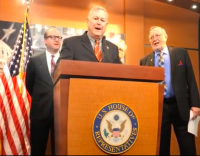The Justice Department rescinding the Cole Memo, the Omnibus bill including Leahy Amendment protections, a host of potential bills for federal cannabis policy change: a lot has been happening in Washington D.C. recently with respect to cannabis business. With the National Cannabis Industry Association’s (NCIA) Cannabis Business Summit in San Jose fast approaching, as well as the 8th Annual Cannabis Industry Lobby Days, we thought it would be a good time to hear what NCIA has been up to recently.
We sat down with Aaron Smith, co-founder and executive director of NCIA, to learn what the organization is working on right now and how we might be able to make some real federal policy changes for cannabis.

CannabisIndustryJournal: With the Department of Justice rescinding the Cole Memo, working as a group to tackle federal policy reform is now more important than ever. Can you give us a 30,000-foot view of what NCIA is doing right now to help us work together as a group and affect policy change?
Aaron Smith: So our team in D.C. consists of three full-time staff members as well as lobbying consultants, who have been really focused on the appropriations process, which is the way we’ve been able to affect change in such a dysfunctional congress by affecting the budget and restricting law enforcement activities. The medical marijuana protections, formerly known as the Rohrabacher–Farr amendment, [and now known as the Leahy Amendment] prevent the Department of Justice from using funds to prosecute state-legal medical marijuana businesses and patients. Going into the fiscal year, thankfully after a lot of hard work, we were able to include protections for medical marijuana, which just happened last week. Now we are really focused on the next year’s fiscal budget, working to hopefully expand those protections to cover all state-legal marijuana activity so the Department of Justice cannot go after all state-legal cannabis businesses, including those businesses in the recreational cannabis industry, which is certainly one of our priorities right now. As Congress starts to transition into fiscal year 2019 appropriations, the D.C. team is working with Capitol Hill staff and other cannabis groups in D.C. to ensure an organized, uniformed strategy through the appropriations process.
CIJ: What are some other priorities for NCIA in the House and Senate right now? What is NCIA focusing its resources on?
Smith: Another big issue for us is the 280E section of tax code, which prevents legal cannabis businesses from deducting normal business expenses. A lot of these businesses face upwards of a 70 percent effective tax rate. Working with our champions in Congress, we are working on reforms to 280E so we can make normal deductions and be treated fairly, just like any other legal business. The Small Business Tax Equity Act of 2017 addresses this issue and has bipartisan support in the House and the Senate right now, and we are working to build more support for that. This bill currently has 43 cosponsors in the House.
The other big issue for us right now is banking reform, which is a very high priority for NCIA as it affects most of our members. The Secure and Fair Enforcement (SAFE) Banking Act of 2017 provides a “safe harbor” and additional protections for depository institutions who provide “financial product or service” to a covered business. This bill currently has 89 cosponsors in the House. NCIA’s D.C. team and lobbying consultants continue to push for cosponsors and support on these important bills.
CIJ: I saw that the Omnibus spending package includes Leahy Amendment protections for cannabis businesses through September. Would you consider that a win in your book? How are you working to maybe extend those protections?
Smith: It was a big win for us. It doesn’t always seem like it because it is really just maintaining the status quo, but we are up against an Attorney General lobbying congress to strip those protections and the house didn’t allow us to vote on it. But by including the Leahy Amendment in the budget we are not only protecting medical marijuana patients and businesses, but we sent a clear signal to Congress that the intention is not to go backwards. We have been playing some defense recently given the current administration’s policies. But we are working with our allies in congress to negotiate those protections for recreational businesses as well. Negotiations for that are just getting started now.
The fiscal year ends September 30th so the protections are in place for now, but Congress needs to pass another budget for the next fiscal year with those protections included. It’s hard to say when the vote will be, because they haven’t been passing budgets in a timely manner, but usually it’s in May or June, right around our Lobby Days. This is what we are focused on now, getting as many of these cannabis businesses and NCIA members out there to really show Congress what the legal industry looks like.
CIJ: NCIA is hosting the 8th Annual Cannabis Industry Lobby Days a little more than a month from now; do you have any goals for that event? Is there anything in particular you hope to accomplish there? How can cannabis businesses get involved?
Smith: The primary purpose of Lobby Days is to show members of Congress and their staff (many of whom have never had exposure to cannabis businesses) what a responsible industry really looks like. And it lets business owners come tell Congress how current policies and laws are affecting their business. It is great for the cause and helps change minds in DC.
Last year, we came out of Lobby Days with several new co-sponsors of cannabis legislation and we hope to get that again this year. It is a great opportunity to connect and network as well; some of the top people in the industry will be there.













































